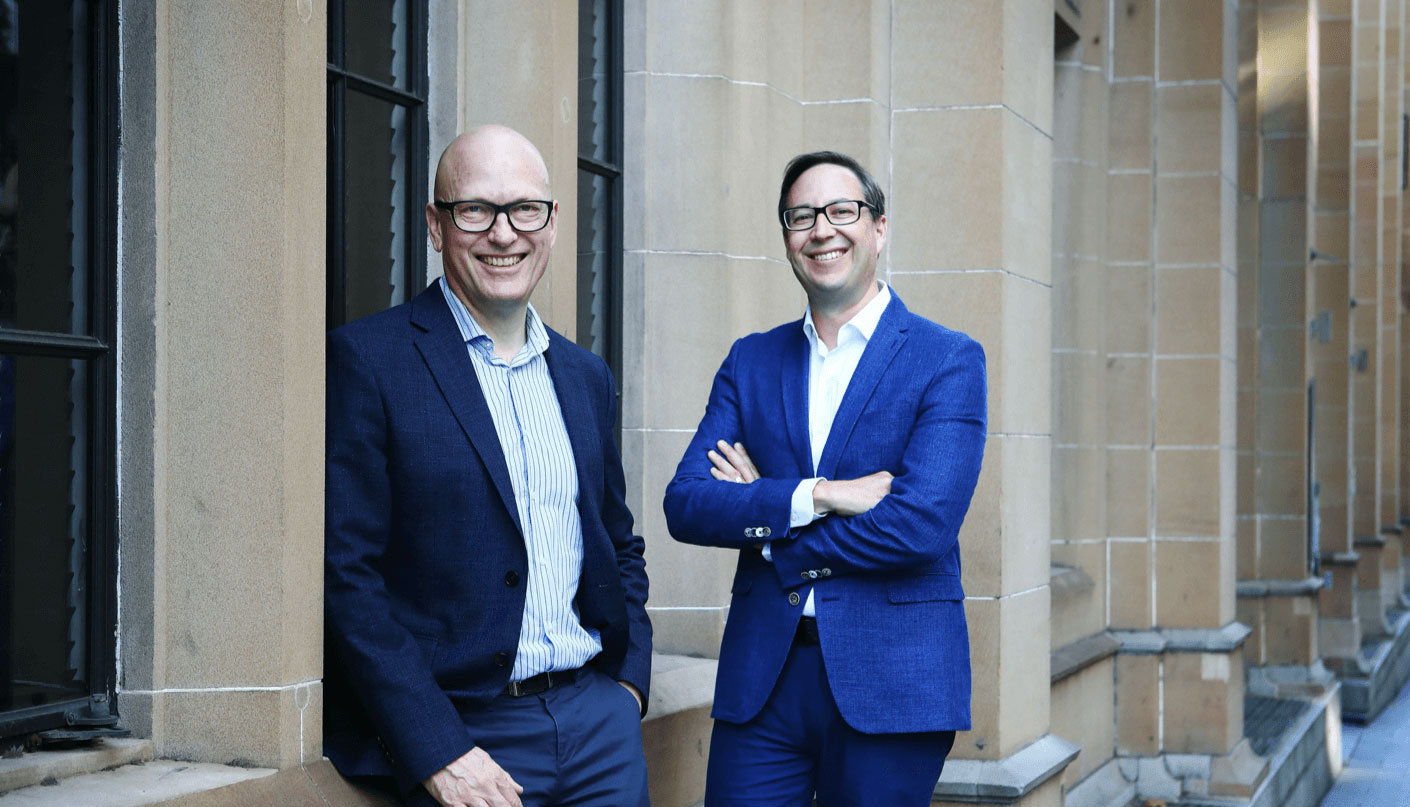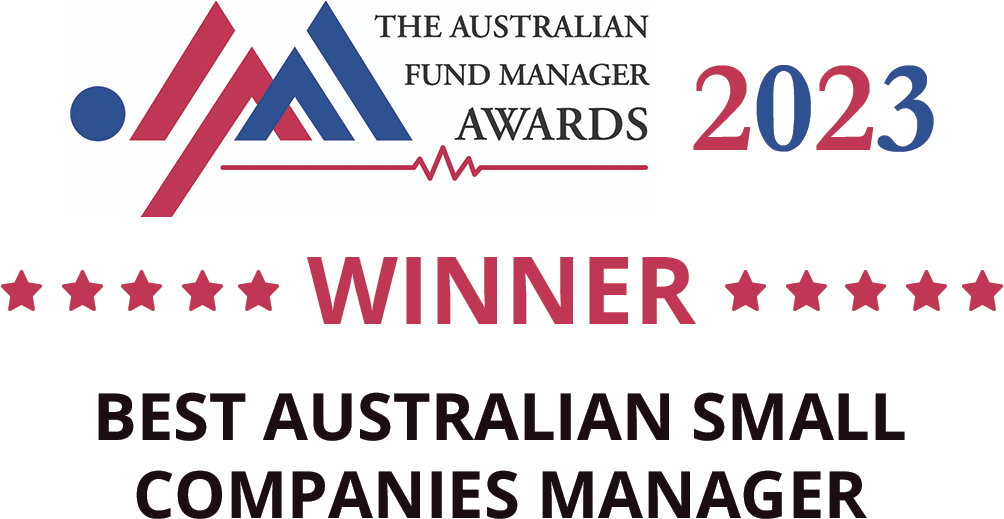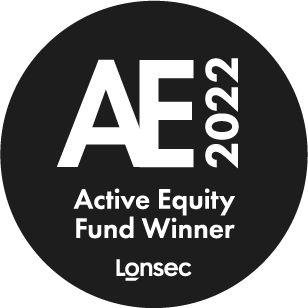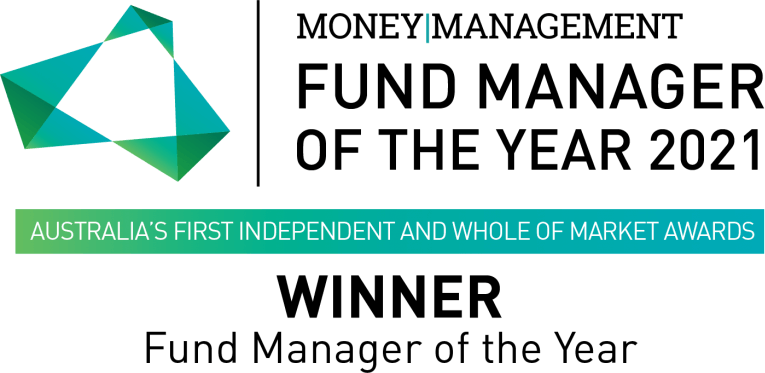
“The world faces a low-growth, low-inflation, low interest rate environment with headwinds including an ageing population, high levels of debt and a disappearing middle class in Western economies.”
Mark Arnold, Chief Investment Officer & Managing Director of Hyperion Asset Management
Faced with a world beset by low-growth and rapid disruptive change, where should investors look for long-term value? Which businesses will succeed, and which will fail, as technology changes the world, climate change disrupts the environment, natural resources are exhausted, and old-world profit drivers simply don’t work anymore?
The shift from the ‘traditional’ – traditional ways of working, of interacting with each other, of paying for goods and services lies at the heart of the question of which businesses will be profitable. Because it is only those businesses which can compete in the new disrupted world which will succeed. New media platforms continue to take market share from old-world media, the shift from cash to card favours companies like Visa, and software which helps businesses digitally transform their workforce, like Salesforce, will grow.
At a recent investor briefing, Mark Arnold and Jason Orthman, Hyperion’s Chief and Deputy Chief Investment Officers, outlined the characteristics businesses must have to survive and prosper, and responded to investors’ questions about the impact of a changing world on business.
The big themes likely to impact markets going forward were discussed in detail – and everything from sustainable agriculture, automation and manufacturing, self-driving cars the outlook for the Australian economy (and China), and why short-termism is the enemy of long-term value were covered.
Hyperion’s philosophy of investing in high-quality growth businesses over the long term has paid off in strong returns to investors – the Global Growth Companies Fund has returned 21.12% p.a. for the 5 years to 31 January 20201. This is compared with 12.99% p.a. from the MSCI World Index. And the team’s strategy of backing dominant market players, positioned to perform in spite of global headwinds hasn’t changed. These businesses are all different, but they share a number of critically important characteristics.
These businesses are:
- Modern, ‘new-world’ businesses with disruptive products and/or strategies, structural tailwinds, an innovative culture and a customer-centric mentality
- Businesses with a sustainable competitive advantage in a large and growing addressable market
- Low debt businesses with a capital-light business models
- Companies run by a management team with a long-term focus and “skin in the game”
Following the presentation, the floor was opened up to investors, who asked a number of interesting and important questions about the economy now and the themes likely to affect it in the future. Hyperion’s answers to these questions are summarised below.
What’s the outlook for Australian businesses?
Australia is a small market relatively speaking, and historically our growth sectors, like mining, have been dependent on China to grow. This remains true for many old-world businesses, which will not experience levels of growth they have been used to unless China powers ahead – again. The big question is whether or not this will happen. Coronavirus aside, the Chinese economy is facing headwinds in the form of structural imbalances in its economy, which are likely to result in slower growth rates.
Over time there will be a transaction to a consumer-driven GDP, but this will likely take decades, and in the meantime, growth will drop and Australian commodity prices with it.
Is there any such thing as sustainable agriculture?
There’s no question that agriculture must change. Already there is a consumer trend towards eating less meat, partly for the health benefits, but partly because from an energy perspective, getting protein from animals is not efficient. At the same time, climate change is disrupting farming and farming practices forever – and Australia is set to be hit hard. We have relied on size rather than the quality of our soil – and as weather patterns change, production will continue to be negatively affected.
What is the future of manufacturing?
Manufacturing will become increasingly automated and dominated by robots. The upside is that goods will become cheaper, the downside is the loss of jobs which will is a necessary corollary of such a change. Emerging markets are those likely to be most affected, because they have relied on cheap human capital to make their manufacturing sectors viable. The result will likely be more economic refugees, and more climate change refugees.
Will we really see driverless cars in the near future?
Autonomous transport will change the world, and it’s coming faster than people expect. In our view, robo taxis will be real and available to us all in the next 5 years – and this means the cost of transportation will plummet as wage costs are taken out of the mix.
Google and Tesla are well positioned to take advantage of this monumental change, but at this point, Tesla is in the box seat. Tesla currently has almost 1 million cars on the road, with 8 cameras in each – the data this offers them gives them a real head start in the race.
Disrupters don’t make money, sometimes for a long time – so how do we know which will?
For Hyperion, there is no substitute for a positive free cash flow, which mean companies like Netflix which are growing but producing massive negative cash flows, are off the radar. Amazon, on the other hand, is a different story – Jeff Bezos has always said he would focus on free cash flow and this has been massively value enhancing for investors.
Mark Arnold and Jason Orthman regularly host these investor sessions so keep an eye on your inbox for the next invitation. In the meantime you can read more insights from Mark and Jason in the savvy investors section of the website.
1Inception: 1st June 2014. Returns are net of applicable fees, costs and taxes. Past performance is not a reliable indicator of future performance. Data as at 31st January 2020.
Disclaimer – Hyperion Asset Management Limited (‘Hyperion’) ABN 80 080 135 897, AFSL 238 380 is the investment manager of the Funds. Please read the Product Disclosure Statement (‘PDS’) in its entirety before making an investment decision in the Funds. You can obtain a copy of the latest PDS of the Funds by contacting Hyperion at 1300 497 374 or via email to investorservices@hyperion.com.au.
Hyperion and Pinnacle Fund Services Limited believes the information contained in this communication is reliable, however no warranty is given as to its accuracy and persons relying on this information do so at their own risk. Any opinions or forecasts reflect the judgment and assumptions of Hyperion and its representatives on the basis of information at the date of publication and may later change without notice. The information is not intended as a securities recommendation or statement of opinion intended to influence a person or persons in making a decision in relation to investment. This communication is for general information only. It has been prepared without taking account of any person’s objectives, financial situation or needs. Any person relying on this information should obtain professional advice before doing so. To the extent permitted by law, Hyperion disclaim all liability to any person relying on the information in respect of any loss or damage (including consequential loss or damage) however caused, which may be suffered or arise directly or indirectly in respect of such information contained in this communication.








